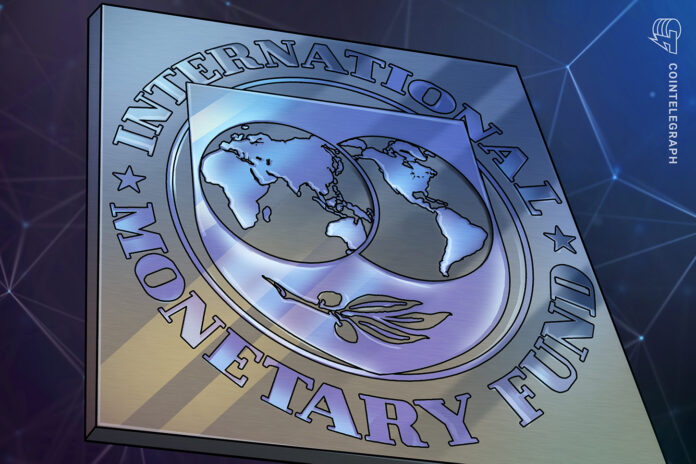The International Monetary Fund would prefer to differentiate and regulate crypto assets rather than enforce an outright ban, though the nuclear option will remain on the table for now.
Speaking on the sidelines of the G20 finance ministers meetings in Bengaluru, India, IMF Managing Director Kristalina Georgieva explained how the United Nations financial agency views digital assets and what it would like to see in terms of regulation.
“We are very much in favor of regulating the world of digital money,” and this is a top priority, she stated.
During an interview with Bloomberg published on Feb. 27, she responded to a question on her recent comments about a potential complete ban on cryptocurrencies. She said there was still much confusion around the classification of digital money.
“Our first objective is to differentiate between central bank digital currencies that are backed by the state and publically issued crypto assets and stablecoins.”
Fully-backed stablecoins create a “reasonably good space for the economy,” however non-backed crypto assets are speculative, high risk, and not money, she added.
“There has to be more regulation,” IMF Managing Director Kristalina Georgieva says https://t.co/TMq6eWWwwf
— Bloomberg Crypto (@crypto) February 25, 2023
Citing a recent paper recommending global regulation standards, she said that crypto assets cannot be legal tender because they are not backed.
However, the option to ban cryptocurrencies “should not be taken off the table” if they begin to pose a greater risk to financial stability, she warned.
Nevertheless, good regulations, predictability, and consumer protection would be a better option, and banning would not need to be considered, said Georgieva.
Related: IMF exec board endorses crypto policy framework, including no crypto as legal tender
When asked what could cause the decision to ban crypto, she said that an inability to protect consumers from the rapidly evolving world of crypto assets would be the primary catalyst.
The IMF, the Financial Stability Board, and the Bank for International Settlements (BIS) are jointly preparing regulatory framework guidelines to be released in the second half of the year.
Hits: 0









